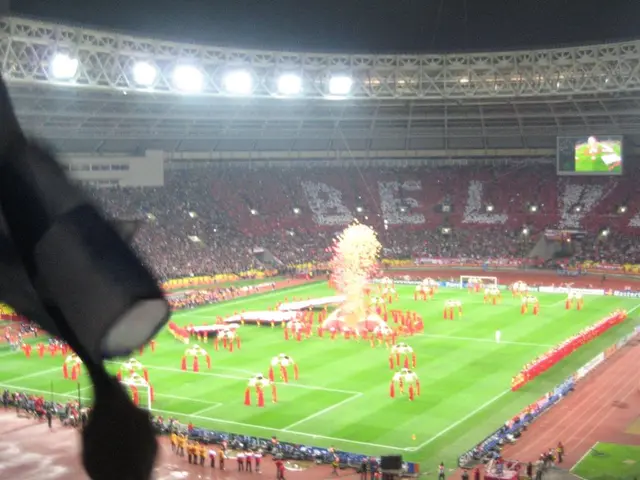Trump's reasoning behind abandoning the Iran Nuclear Agreement.
In May 2018, during his first term as President, Donald Trump announced the withdrawal of the United States from the Iran nuclear deal, officially known as the Joint Comprehensive Plan of Action (JCPOA). The decision was made with the belief that the agreement was fundamentally flawed, as it did not prevent Iran from pursuing nuclear weapons in the future and failed to address Iran's ballistic missile program and regional destabilizing actions [3][4].
Trump criticized the JCPOA for allowing Iran to continue activities that he considered threatening to regional and global security, despite its limits on uranium enrichment and nuclear inspections. Following the withdrawal, economic sanctions were reimposed to pressure Iran to return to the negotiating table under stricter terms [1].
The U.S., under Barack Obama, along with France, Russia, China, the United Kingdom, Germany, and the European Union, had agreed with Iran to monitor its nuclear program and lift economic sanctions. However, the Trump administration's withdrawal undeniably altered the agreement [2].
The JCPOA aimed to prevent Iran from developing a nuclear program that could lead to the production of a nuclear weapon. The other signatories of the deal attempted to keep it alive, but the U.S. withdrawal made it challenging [2].
Fast forward to 2025, in June, Israel attacked Iran, claiming it was approaching a "point of no return" in its nuclear program. The incident highlighted the ongoing tension and concerns about Iran's nuclear ambitions [5].
According to Jabeur Fathally, an aggregated professor of international law at the University of Ottawa, Trump's withdrawal from the deal was a violation of international law [6]. Fathally argues that, in Trump's own mind, the withdrawal hinders his presidential mandate.
However, Trump, as the president, plans to negotiate a new Iran nuclear deal that could be similar to the one in 2015, but with stricter terms. He has indicated his stance that Iran is responsible for escalating tensions because of its behavior and non-compliance [1]. The Trump administration also signaled support for Israel’s strong opposition to Iran’s nuclear ambitions, with Trump open to regime change in Tehran [1].
The withdrawal from the Iran nuclear deal remains a significant event in international relations, underscoring the complexities and challenges of nuclear non-proliferation and the role of diplomacy in resolving geopolitical conflicts.
In 2018, President Trump's policy-and-legislation decision to withdraw from the Iran nuclear deal, known as the JCPOA, led to a shift in war-and-conflicts dynamics, as it paved the way for increased tensions and regional instability. Fast forward to 2025, this move has become a topic of general-news discussions, with scholars questioning the legality of Trump's actions, citing violations of policy-and-legislation and international law.








